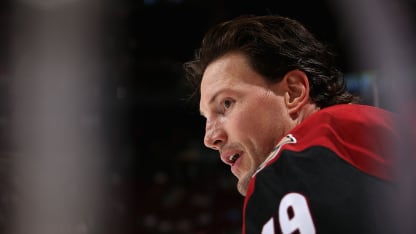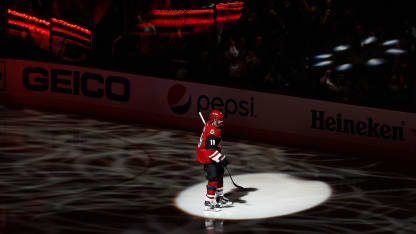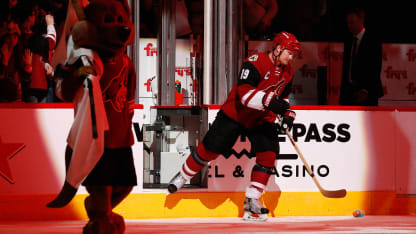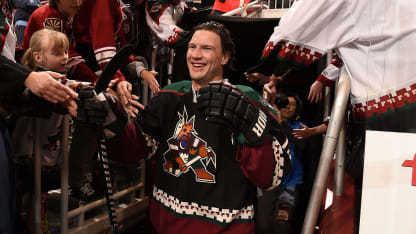Shane Doan didn't fully realize the challenge ahead when his playing career ended.
"I didn't really understand how to deal (with retirement)," Doan said. "When the game kind of ended, when it ended for me, when I quit playing -- and it was the right time, that wasn't the issue -- it was just the idea of something being gone from my life that I grieved."
Doan spoke with ArizonaCoyotes.com this week in connection with the Coyotes' annual "Hockey Talks" game, presented by Blue Cross Blue Shield of Arizona, Thursday night at Gila River Arena.
Shane Doan Details His Drive for Mental Wellness
Famed Coyotes captain: Sadness should not be stigmatized

© Christian Petersen/Getty Images

© Christian Petersen/Getty Images

© Christian Petersen/Getty Images

© Christian Petersen/Getty Images

© Michael Martin/Getty Images

© Norm Hall/Getty Images












